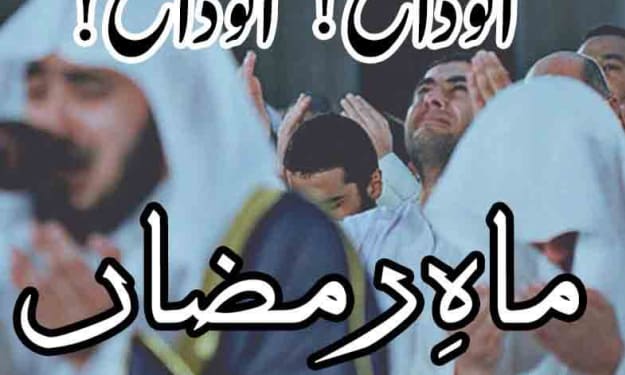
Eid, one of the most anticipated festivals in the Islamic calendar, marks the end of Ramadan, the holy month of fasting and spiritual reflection. This joyous occasion brings together millions of Muslims worldwide in celebration, reflection, and prayer. Eid holds immense significance in Islam, not only as a time of festivities but also as a reminder of the values of faith, charity, and unity.
When is Eid?
When is Eid ??Eid al-Fitr, often referred to simply as Eid, falls on the first day of Shawwal, the tenth month of the Islamic lunar calendar. The exact date of Eid varies each year, as it is determined by the sighting of the new moon, marking the end of Ramadan. This variability adds to the anticipation and excitement surrounding the festival, as communities eagerly await the announcement of Eid.
Preparation for Eid
In the days leading up to Eid, Muslims engage in various acts of worship and preparation. Homes are cleaned and decorated, new clothes are purchased, and special dishes are prepared to share with family and friends. Additionally, Muslims are encouraged to give Zakat al-Fitr, a form of charity aimed at helping those in need, ensuring that everyone can partake in the joyous festivities of Eid.
Eid Salah: The Special Prayer
Central to the celebration of Eid is the Eid Salah, a special congregational prayer performed in mosques and open spaces. This prayer is an integral part of the festivities, bringing together the community in worship and reflection. Performing Eid Salah is considered highly virtuous, and Muslims make every effort to attend, regardless of age, gender, or background. lets see How to pray Eid Salah
How to Perform Eid Salah
The Eid Salah consists of two units (rak'ahs) of prayer, performed in a specific manner:
Intention (Niyyah): Like all prayers in Islam, the intention for Eid Salah should be made sincerely in the heart. While there is no verbal declaration of intention, the intention to perform Eid Salah should be clear and focused on seeking the pleasure of Allah.
Takbirat al-Ihram: The prayer begins with the opening Takbir, "Allahu Akbar" (Allah is the Greatest), which is followed by raising the hands to the ears. This Takbir marks the beginning of the prayer and is repeated seven times, including the Takbir following the opening Takbir.
Recitation of Surah Al-Fatiha and Another Surah: After the Takbirat al-Ihram, Surah Al-Fatiha (the opening chapter of the Quran) is recited, followed by another Surah from the Quran in the first rak'ah. In the second rak'ah, Surah Al-Fatiha is recited again, followed by another Surah or verses from the Quran.
Takbir, Bowing, Prostration, and Sitting: Following the recitation, the prayer continues with additional Takbirs, bowing (Ruku), prostration (Sujood), and sitting between the two prostrations (Jalsa). These actions are performed in the same manner as in the regular daily prayers.
Tashahhud and Salam: After completing the second prostration of the second rak'ah, the Tashahhud (testimony of faith) is recited, followed by sending blessings upon the Prophet Muhammad (peace be upon him). The prayer concludes with the Salam (greetings of peace) to the right and left shoulders, marking the end of the prayer.
Community and Unity
Eid Salah is not merely an individual act of worship but a communal gathering that fosters a sense of unity and solidarity among Muslims. It is a time for people from diverse backgrounds to come together, offering prayers, exchanging greetings, and strengthening the bonds of brotherhood and sisterhood. Regardless of differences in culture, language, or nationality, Muslims unite under the banner of faith to celebrate the blessings of Eid.
Conclusion
Eid is a time of joy, gratitude, and spiritual renewal for Muslims worldwide. It is a celebration of faith, unity, and community, where individuals come together to worship, reflect, and share in the blessings of the occasion. The performance of Eid Salah, with its prescribed rituals and prayers, serves as a reminder of the importance of devotion, charity, and compassion in Islam. As Muslims gather to mark the end of Ramadan and the beginning of Shawwal, Eid serves as a testament to the enduring values of peace, love, and unity that lie at the heart of the Islamic faith.
About the Creator
Reader insights
Nice work
Very well written. Keep up the good work!
Top insight
Eye opening
Niche topic & fresh perspectives





Comments (1)
Lovely educational post ❤️. As a revert, I always appreciate seeing posts like these!